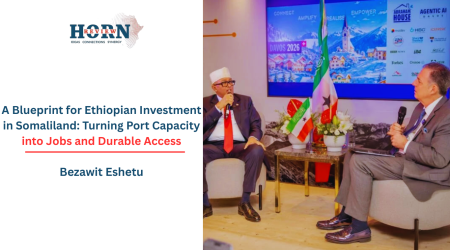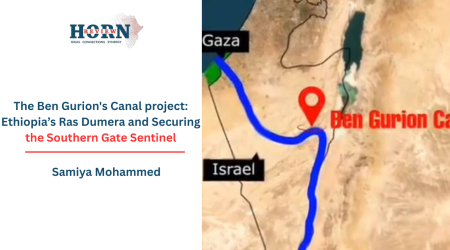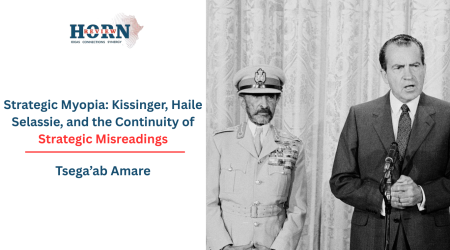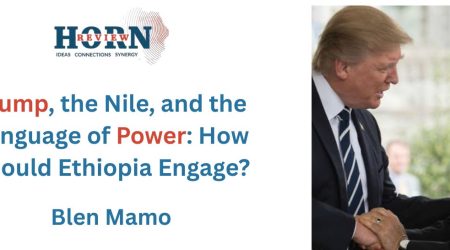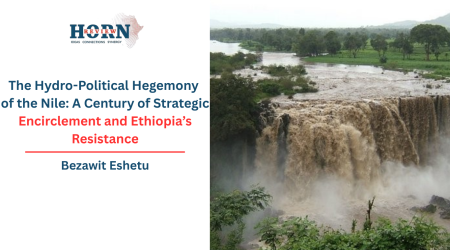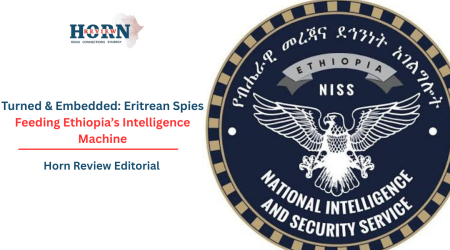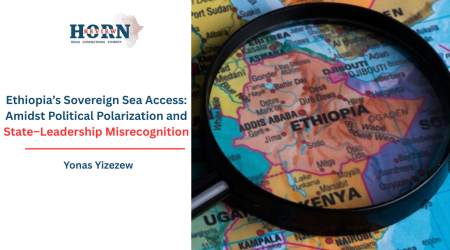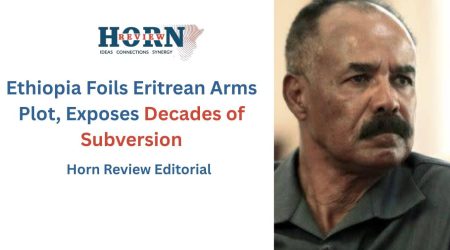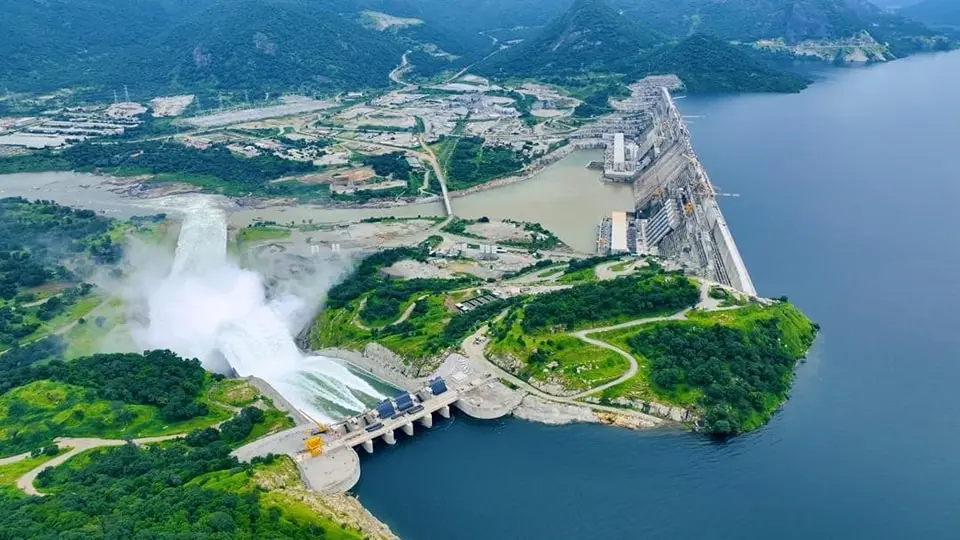
30
Jan
The Battle for the Nile: Power Struggles and Geopolitical Shifts in the Horn of Africa
The dispute over the Nile River, particularly regarding the Grand Ethiopian Renaissance Dam (GERD), has fundamentally reshaped the geopolitics of the Horn of Africa. What began as a water rights issue has evolved into a high-stakes strategic competition, influencing the region’s balance of power. While Egypt, Ethiopia, and Sudan are the primary players, the ripple effects extend across the Horn of Africa, affecting alliances, port access, and security dynamics.
Ethiopia sees GERD as a means of securing its future, not just as a challenge to Egypt and Sudan’s historical water claims. With a growing population and an economy in need of energy, the dam represents a transformative project that promises to lift millions out of poverty by ensuring energy security and industrial growth. Addis Ababa has emphasized that GERD will not significantly harm downstream nations and has repeatedly called for regional cooperation. However, Egypt continues to view Ethiopia’s rise with suspicion, seeing GERD as a direct challenge to its long-standing control over the Nile’s flow.
Beyond the dam, Ethiopia’s recent moves, such as its 2024 agreement with Somaliland to secure Red Sea access, highlight its broader efforts to overcome the limitations of being landlocked. While the deal has stirred tensions with Somalia, Ethiopia argues that diversifying its access to trade routes is essential for its long-term economic stability. Rather than an act of aggression, this move reflects Ethiopia’s desire to secure its place in a rapidly shifting regional order.
For Egypt, the Nile is more than just a water source, it is a matter of national survival and regional dominance. Cairo perceives Ethiopia’s growing influence as a direct threat to its historical hegemony. In late 2024, Egypt stationed troops in Somalia under the African Union mission, officially under the guise of humanitarian assistance. However, this move signals a broader strategy: counterbalancing Ethiopia’s rise and securing a stronger foothold in the Horn of Africa’s power politics.
Meanwhile, Sudan remains a volatile player in the dispute, its internal instability making it susceptible to external pressures. Despite potential benefits from GERD, such as flood control and electricity, Khartoum lacks a coherent policy, leaving it vulnerable to manipulation. Its alignment with Egypt appears more a necessity than a strategic choice, given its domestic turmoil. However, Sudan’s instability has hindered its ability to act as a meaningful mediator in the region.
The Nile dispute has transcended water-sharing concerns, evolving into a broader geopolitical contest. While Egypt insists on maintaining its historical water allocation, Ethiopia advocates for a fairer and more equitable distribution of resources to support its development. Rather than seeking dominance, Ethiopia argues that GERD is an opportunity for regional cooperation, emphasizing dialogue over confrontation. Sudan, caught in the middle, struggles to assert its own interests due to internal challenges.
This conflict is not just a regional matter, it reflects global power realignments, where control over trade corridors, strategic territories, and political alliances is at stake. Resolving these tensions will require strong leadership, genuine diplomacy, and a commitment to fair negotiations. Ultimately, the future of the Horn of Africa depends on regional cooperation, ensuring the Nile remains a source of shared prosperity rather than division.



